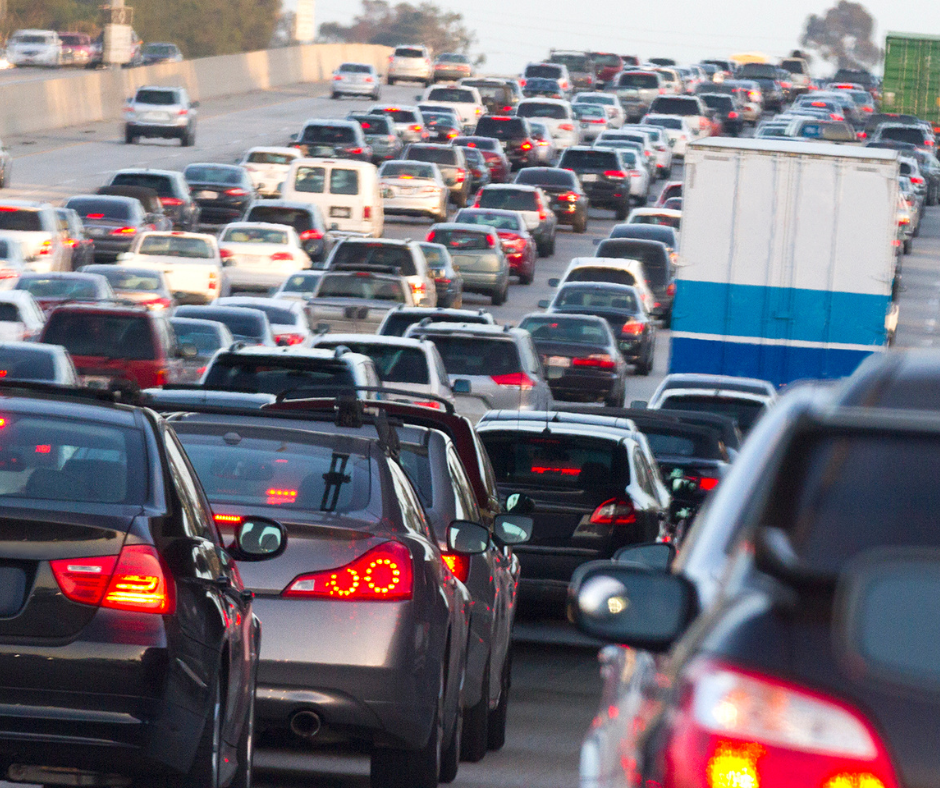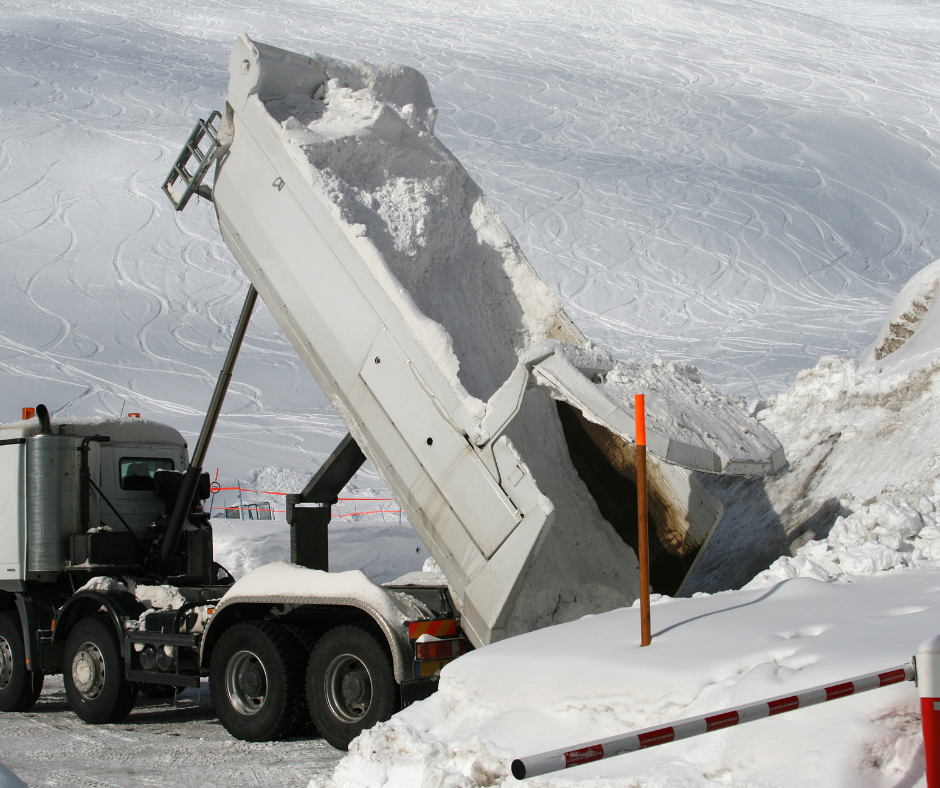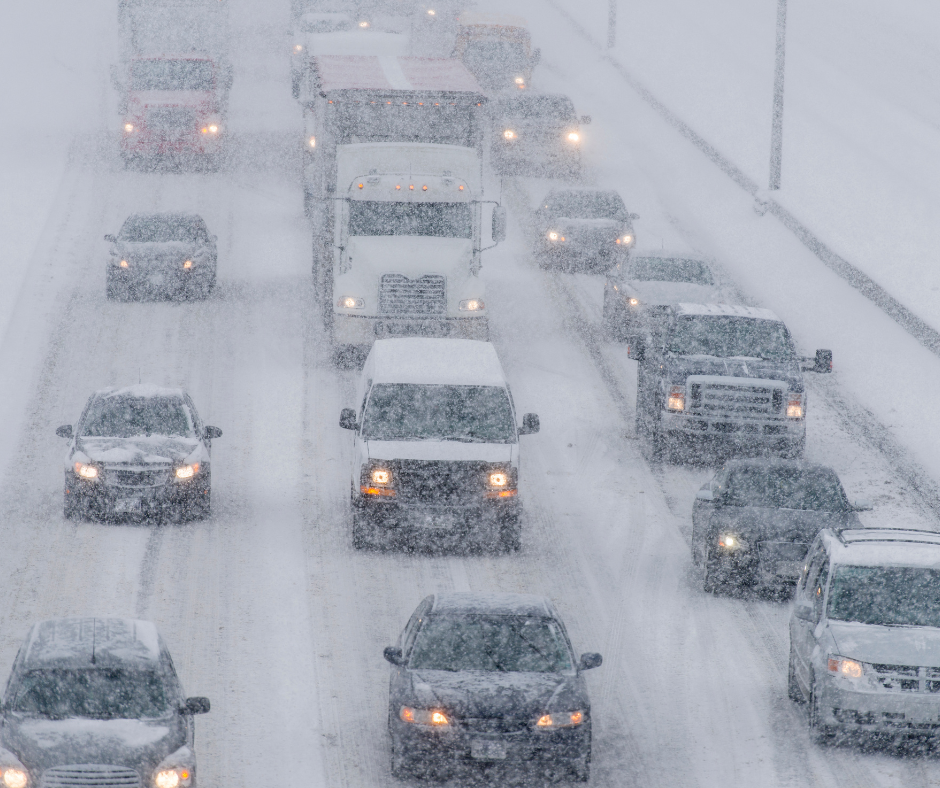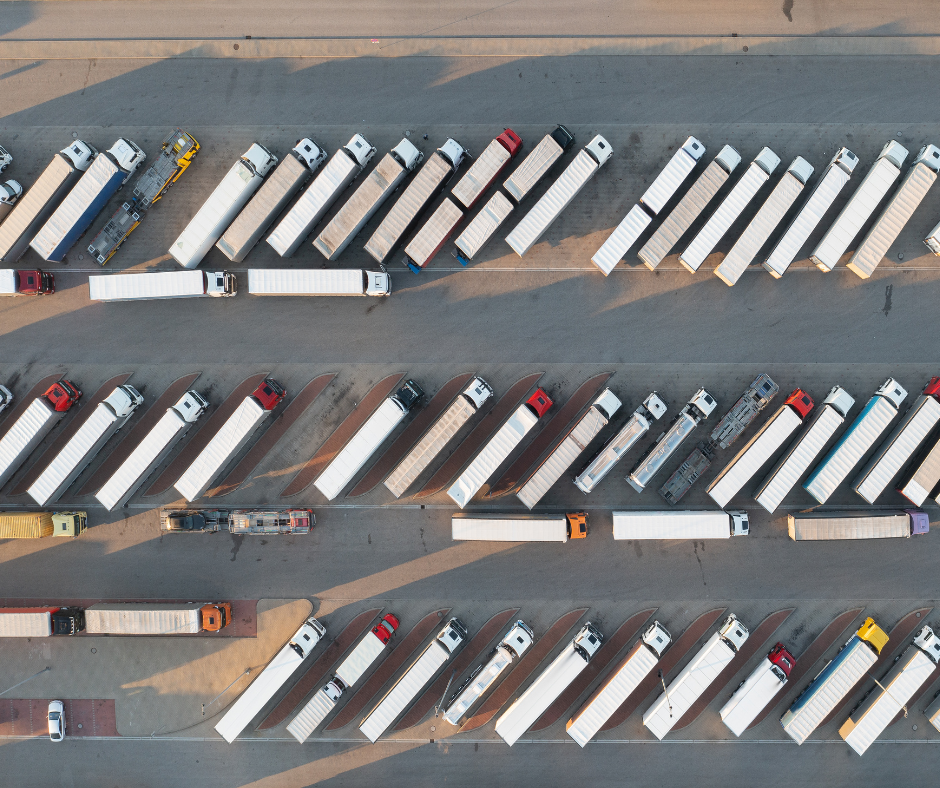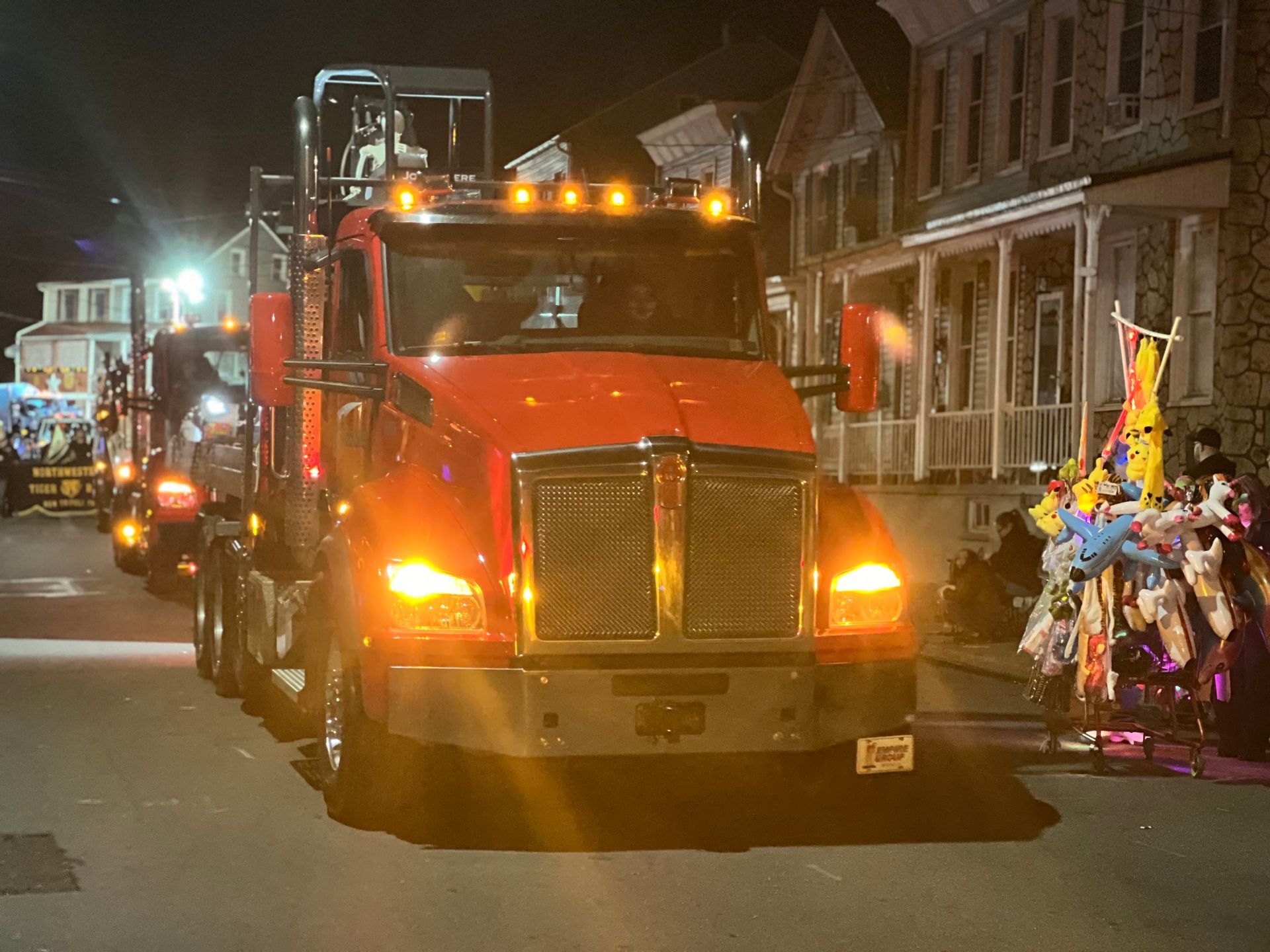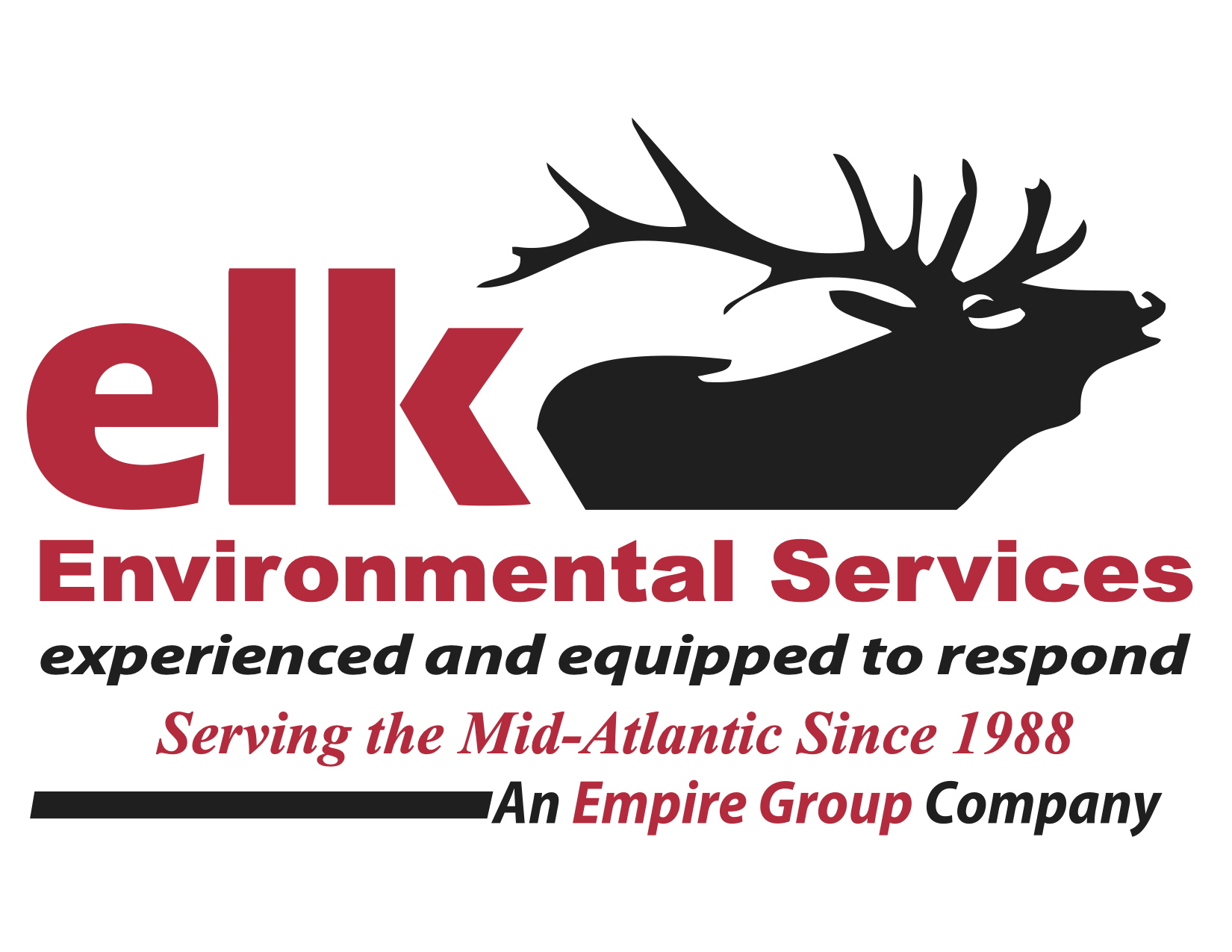Earth Day, Trucking and the Three R's

Earth Day reminds us that we need to take better care of the earth. This year, the theme is Invest in Our Planet. Every industry has made strides to help make a sustainable future, which includes using the three R’s: recycle, reuse, and reduce. The trucking industry takes its role in protecting the environment very seriously by investing in eco-friendly vehicles and other practices, which are focused on utilizing the three R’s.
Recycle: There are several parts of a truck that can be recycled. Tires are the most common since they can be transformed into many products, such as playground turf, tire-derived fuel, and rubberized asphalt. Parts that are still in good working condition can be resold as well as remanufactured. For example, one-third of the total weight of a new Volvo truck is made from recycled material.
Reuse: When it comes to long hauls, eating in the cab is unavoidable. To reduce waste, is recommended to not use single-use packaging. A better option is to use reusable glass or metal containers. The same goes for drinks. Using a reusable water bottle is more practical and economical.
Reduce: The trucking industry has been making strides in reducing their environmental footprint. In 2011, the National Highway Traffic Safety Association (NHTSA) and the Environmental Protection Agency (EPA) each adopted greenhouse gas emissions standards and fuel economy standards for medium- and heavy-duty trucks. They stemmed from a Presidential directive in 2010 to take steps to create clean vehicles. Recently, the EPA has proposed new, stronger standards for heavy-duty vehicles and engines starting in 2027. Along with new standards, there have been advances in diesel engine technology, including more fuel efficient vehicles and clean diesel fuels. Another way to reduce fuel consumption and emissions is to reduce truck idling. This can be done with stop-and-start engines and installing equipment, such as auxiliary power units and energy recovery systems.
The trucking industry has made many advancements to reduce emissions, save gas and reuse parts. Yet, reducing their environmental footprint remains a top issue. It will be interesting to see how this Earth Day will inspire the trucking industry to set new sustainability goals. At DVC, we do our best to be fuel efficient and use eco-friendly products to do our part for a healthier environment. We wish everyone a safe and happy Earth Day!
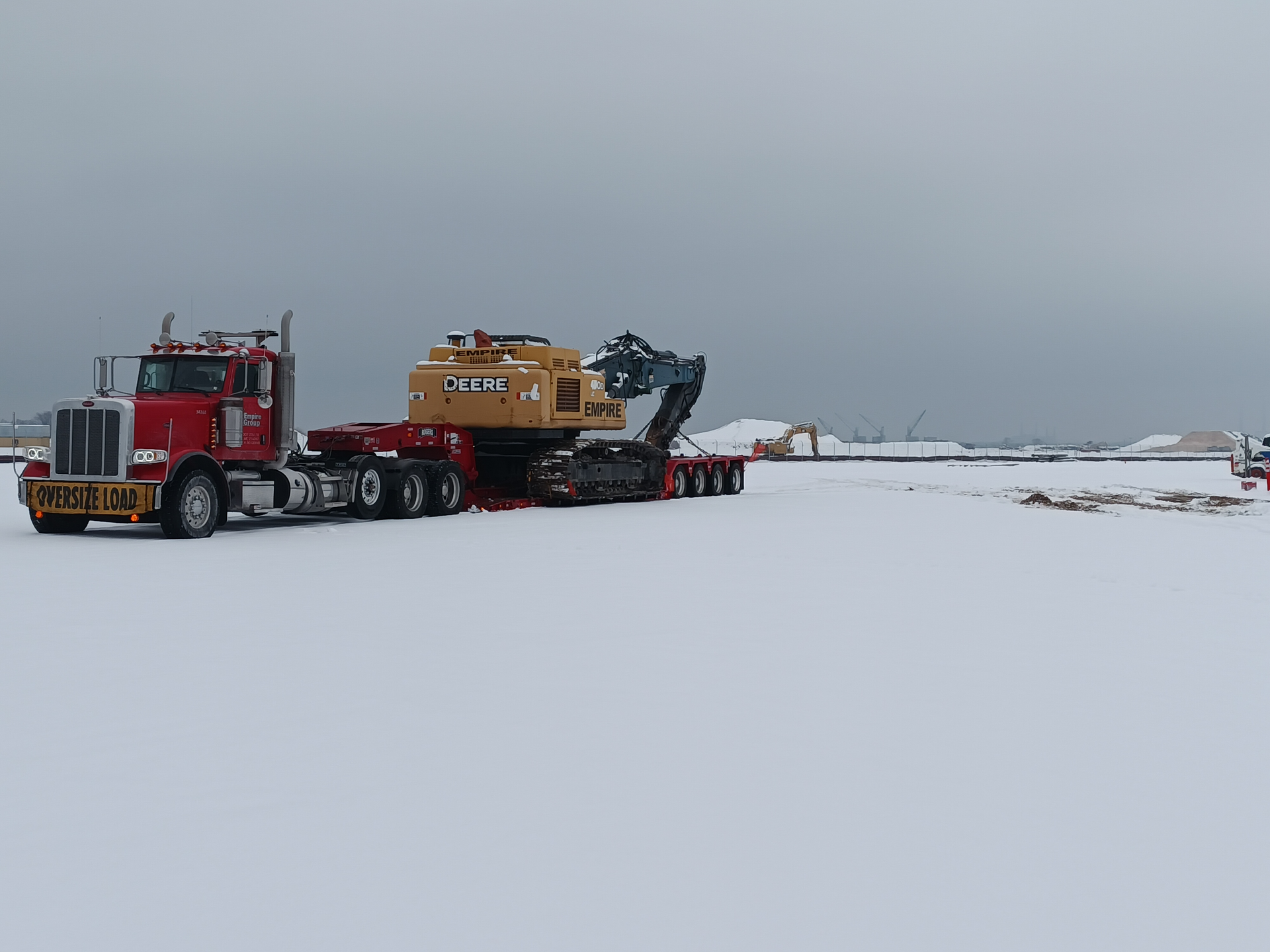

How DVC's Trailers Are Perfect for Transporting Mulch, Stone, Sand and Soil for Landscaping Projects

